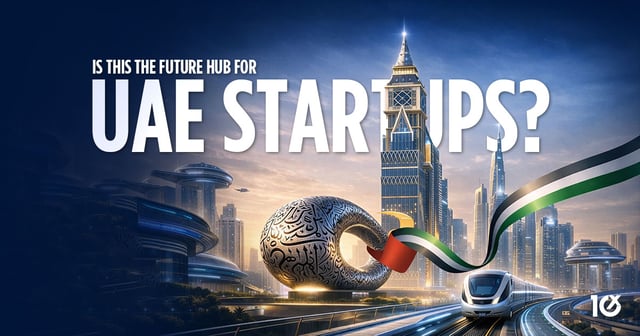DIFC releases IMF economic outlook report
International Monetary Fund (IMF) April 2022 Regional Economic Outlook (REO) for the Middle East and North Africa (MENA) region reveals that the war in Ukraine and sanctions on Russia are exacerbating the divergence in recovery prospects for the MENA region. According to the IMF report titled, ‘Divergent Recoveries in Turbulent Times’, countries in the Middle East and Central Asia region showed growth on the upside in 2021 and maintained momentum entering 2022 despite surging inflation and a temporary pandemic-induced slowdown in January.
Dubai International Financial Centre (DIFC) co-hosted the virtual launch of the IMF Regional Economic Outlook report that details trends and developments across the Middle East and Central Asia. The report’s findings and indicators are widely used as a benchmark for future economic projections and set the tone for growth, trade and investment.
Arif Amiri, Chief Executive Officer at DIFC Authority, said, “DIFC’s partnership with the IMF allows us to collectively shape the thinking of decision-makers within the finance industry and others who are contributing to the economic growth of Dubai and the UAE. The latest report comes with a sense of optimism for Dubai and DIFC’s clients who are best placed to make the most of the opportunities that will support sustainable growth in a post-pandemic world.”
Despite better-than-expected economic performance in 2021, the economic environment in 2022 is defined by extraordinary headwinds and uncertainties, particularly for commodity importers, with higher and more volatile commodity prices, rising inflationary pressures, faster-than-expected monetary policy normalisation in advanced economies, and a lingering pandemic.
Oil-importing countries face the challenge of rising food and energy prices and tightening financial conditions, fuelling inflation and worsening external and fiscal accounts. Some countries are also directly exposed to supply disruptions from the war, given their heavy reliance on wheat and energy imports from Russia and Ukraine. On the other hand, oil exporters will benefit from the rise in energy prices, but they can still be negatively affected by volatility in oil and gas markets and tighter borrowing costs.
Policymaking has become increasingly complex, with dwindling macro policy space to deal with shocks, amid high debt and inflation. Policies will need to be calibrated carefully to country circumstances to manage uncertainties, maintain macroeconomic stability, and support recovery, and ensure food and energy security while protecting the most vulnerable. Structural reforms have become even more urgent to prevent scarring from the pandemic and the war, ensure an inclusive recovery, and enhance resilience ahead.
Jihad Azour, Director of the IMF’s Middle East and Central Asia Department, added, “In the current macroeconomic environment, policymakers must prioritise accelerating structural reforms to mitigate the impact of tighter macroeconomic policies on growth, address long-term scarring from the pandemic and the war in Ukraine, and help pave the way toward a more resilient, inclusive, and greener future.”






